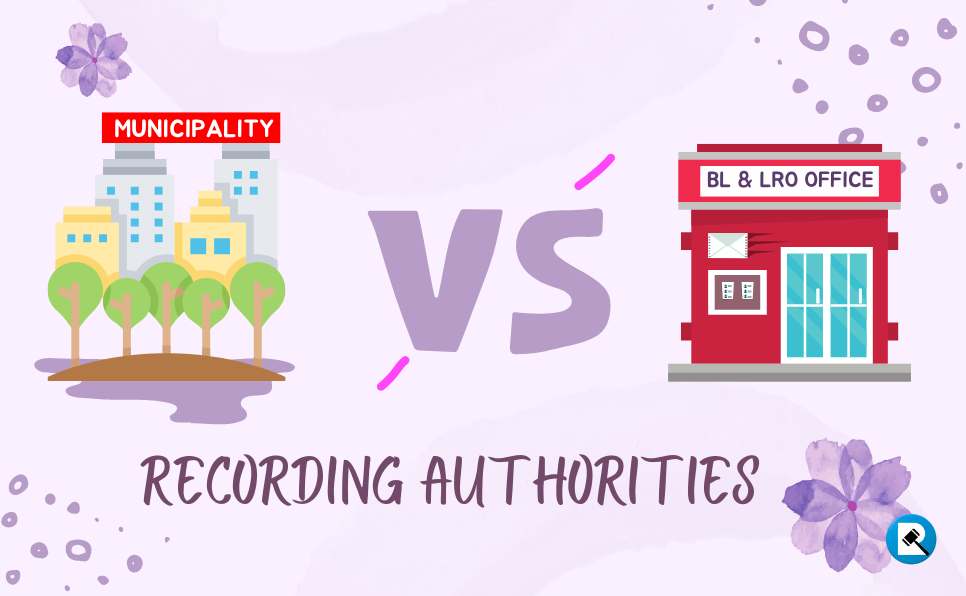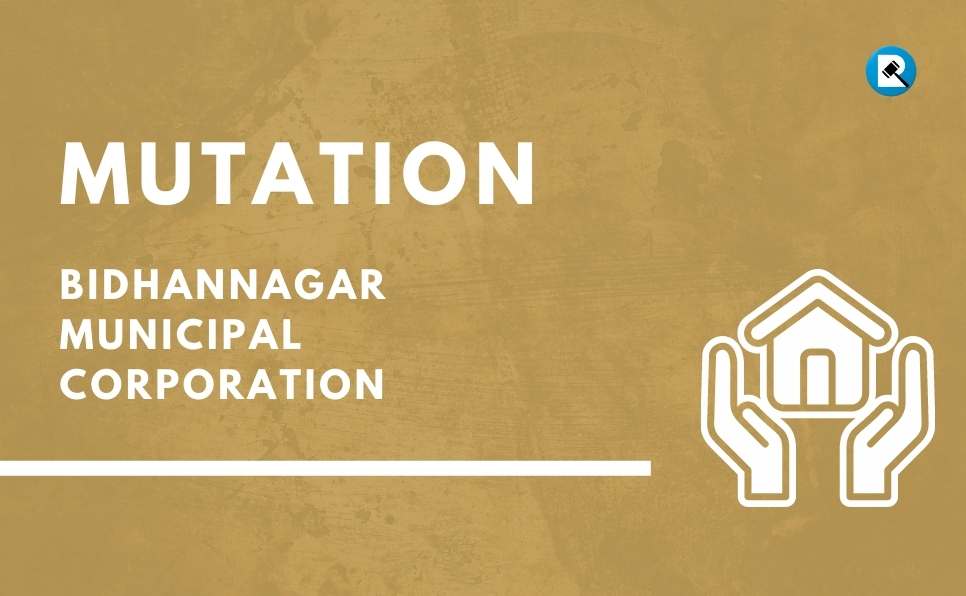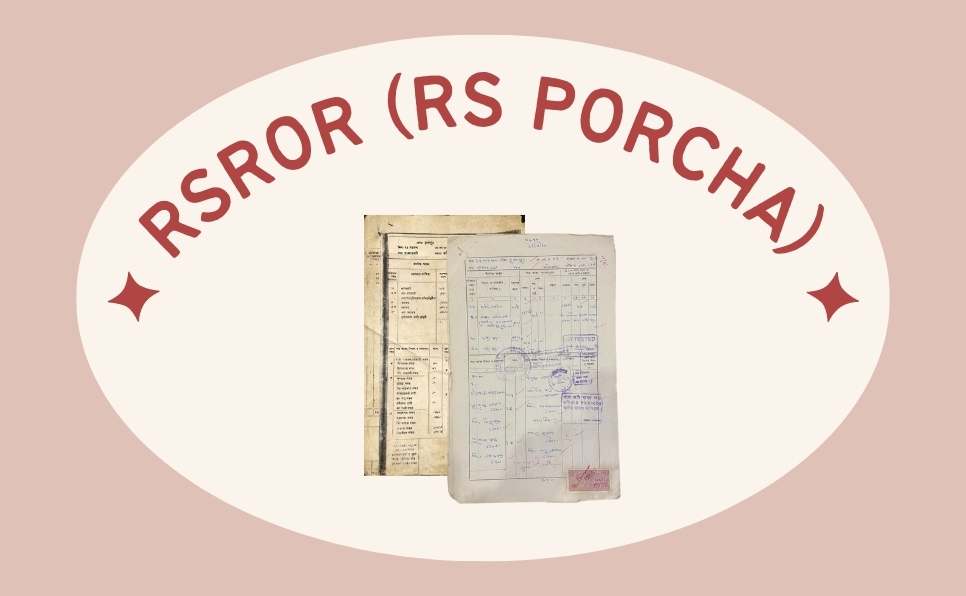Table of Contents
Introduction
In West Bengal, the ownership and management of land are critical for maintaining a transparent and efficient land record system. Two essential processes in the state’s land management system are municipal mutation and mutation of land from Block Land and Revenue offices (BLLRO). This article will explore these two processes, their differences, their importance, and why they are necessary for maintaining a well-organized land record system.
Municipal Mutation
The municipal mutation is the process of transferring the ownership of a property within a municipal area from one person to another. It involves updating the municipal records to reflect the change in ownership, typically after a property transaction, such as a sale, inheritance, or gift. The municipal corporation is responsible for maintaining these records, which include the property tax assessments and other relevant details.
Mutation of Land from Block Land and Revenue Offices
In rural and semi-urban areas of West Bengal, land ownership and management fall under the jurisdiction of Block Land and Revenue (BL&LRO) offices. When there is a change in land ownership, the mutation process at the B&LRO level involves updating the land records, including the Record of Rights (RoR) and the cadastral maps. This process ensures that the new landowner’s rights and responsibilities are correctly documented.
Importance of Municipal Mutation and Mutation of Land from BLLRO
Both municipal mutation and mutation of land from BL&LRO are important for several reasons:
- Ownership Documentation: These processes serve as legal proof of property ownership, which can be vital during disputes or when applying for loans or government schemes.
- Property Tax Assessment: Accurate land records help in determining the correct property tax liability for each landowner. This, in turn, ensures that the government can collect revenue for providing public services and infrastructure.
- Land Management: Land records are essential for managing and planning land resources, including agricultural, residential, and commercial uses.
- Preventing Land Encroachment: Accurate land records help prevent encroachment and illegal occupation of land, which can lead to conflicts and loss of valuable resources.
Differences Between Municipal Mutation and Mutation of Land from BL&LRO
While both processes involve updating land records to reflect changes in ownership, there are several key differences between them:
- Jurisdiction: Municipal mutation is applicable within municipal areas, whereas the mutation of land from BL & LRO is applicable in rural and semi-urban areas.
- Responsible Authorities: Municipal corporations handle municipal mutation, while B.L. & L.R.O. offices handle the mutation of land from their jurisdiction.
- Property Type: Municipal mutation primarily deals with residential, commercial, and industrial properties within the urban limits, while the mutation of land from BLRO concerns agricultural and non-agricultural land in rural and semi-urban areas.
- Documentation: Municipal mutation involves updating property tax records and other relevant municipal records, while the mutation of land from BL&LRO involves updating the Record of Rights (RoR) and cadastral maps.
Which Process is More Important?
Both municipal mutation and mutation of land from BL&LRO are equally important, as they serve different purposes and cater to different areas of West Bengal. Municipal mutation is crucial for maintaining land records within urban areas, while the mutation of land from BL&LRO is essential for rural and semi-urban areas.
Conclusion
Municipal mutation and mutation of land from Block Land and Revenue offices in West Bengal are crucial processes that ensure the accurate documentation of land ownership and management. Both processes are equally important, as they serve different purposes and cater to different areas in the state. By understanding their differences and importance, we can appreciate the necessity of these processes in maintaining a well-organized land record system, which ultimately contributes to better land management, dispute resolution, and revenue generation for public services.



